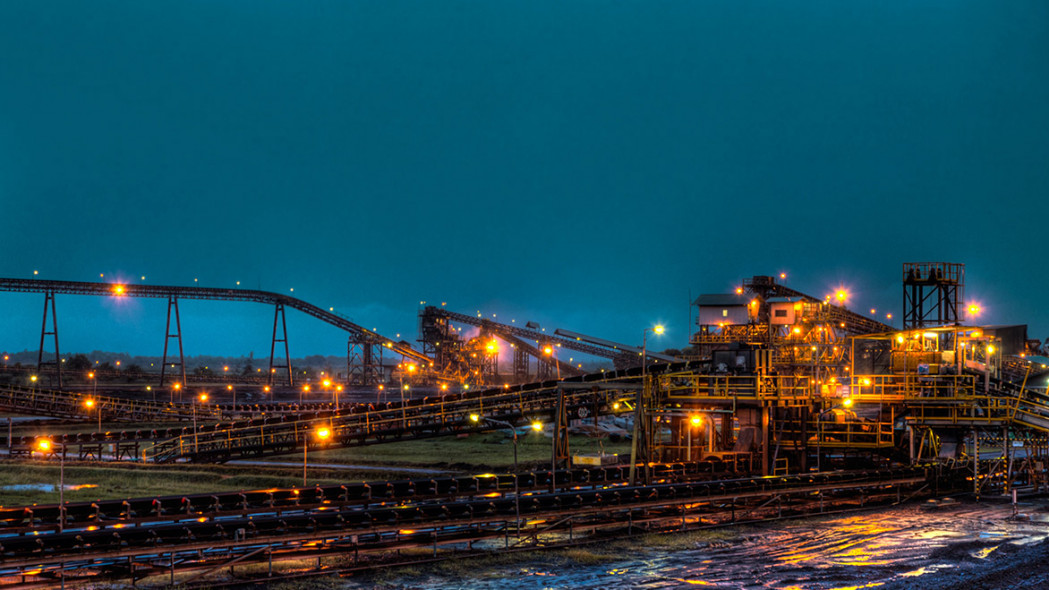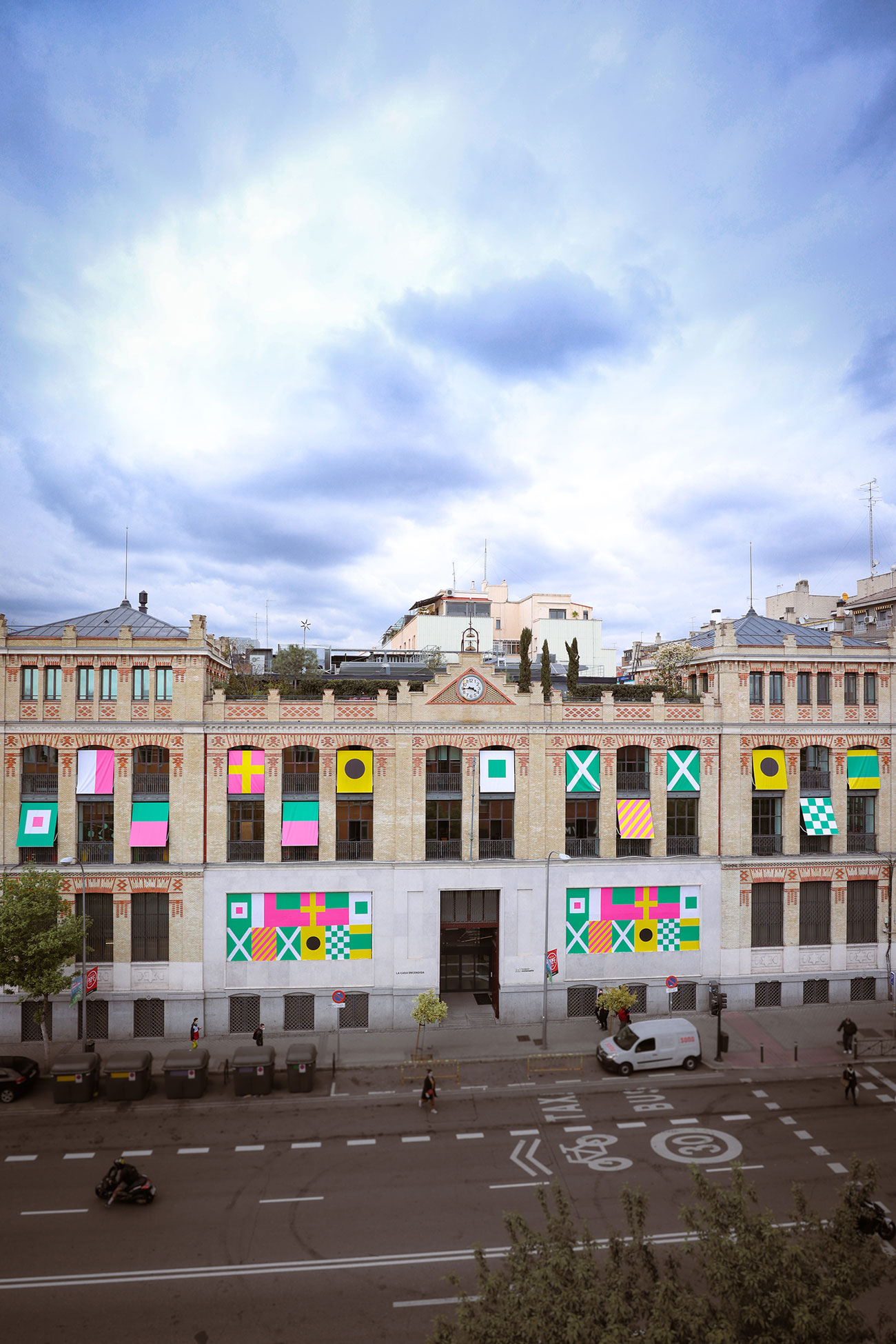The Dark Side of the Cloud: The Environmental Impact of the Virtual

In this series of three online sessions we examine one of the most unknown aspects of digitalisation: its materiality. This materiality translates into enormous infrastructures located all over the planet and even its orbit, which need immense amounts of mineral and energy resources to function.
When we think of the cloud, we imagine it as something ethereal, light and dematerialised. We don’t visualise the millions of devices, thousands of kilometres of cables, gigantic data storage and processing centres, or the satellites that make up its immense infrastructure. We don’t conceive the enormous amount of mineral, water and energy resources required for its operation; nor the environmental impacts resulting from their production and disposal.
Digital technologies have undoubtedly brought great advances for humanity, but if we want to continue to benefit from them in the future, as well as from a healthy environment, we must delve deeper into that dark side of the cloud and correct its pernicious effects.
This is especially relevant at the present time, with European post-Covid policies pushing for digitalisation as a key element for economic recovery. Besides, this endeavour faces multiple crises: the global supply crisis; the energy crisis aggravated by the war in Ukraine; and an increasingly concerning climate and environmental crisis.
The series The Dark Side of the Cloud: The Environmental Impact of the Virtual is organised by the Green European Foundation (GEF) in collaboration with Fundación Transición Verde and La Casa Encendida. It consists of three sessions that will address the following topics:
20 October: Feeding the Beast. Part I: Infrastructure, Water and Minerals
27 October: Feeding the Beast. Part II: Data and Energy
3 November: The Bright Side of the Cloud: The Digital Transition We Want
Important national and international speakers will participate in the sessions, including: American anthropologist and historian Joseph Tainter; researchers Alicia Valero, Melisa Argento, María Alegre and Julieta Arancio; artist and lecturer of the University of Novi Sad (Serbia) Vladan Joler; geologist and researcher Antonio Aretxabala; Member of the European Parliament Kim Van Sparrentak; expert in digital responsibility and green IT Lorraine de Montenay; and professor of IT languages and systems Coral Calero.
The sessions will take place in a Zoom room from 6 to 7.30 pm with simultaneous Spanish-English translation.
